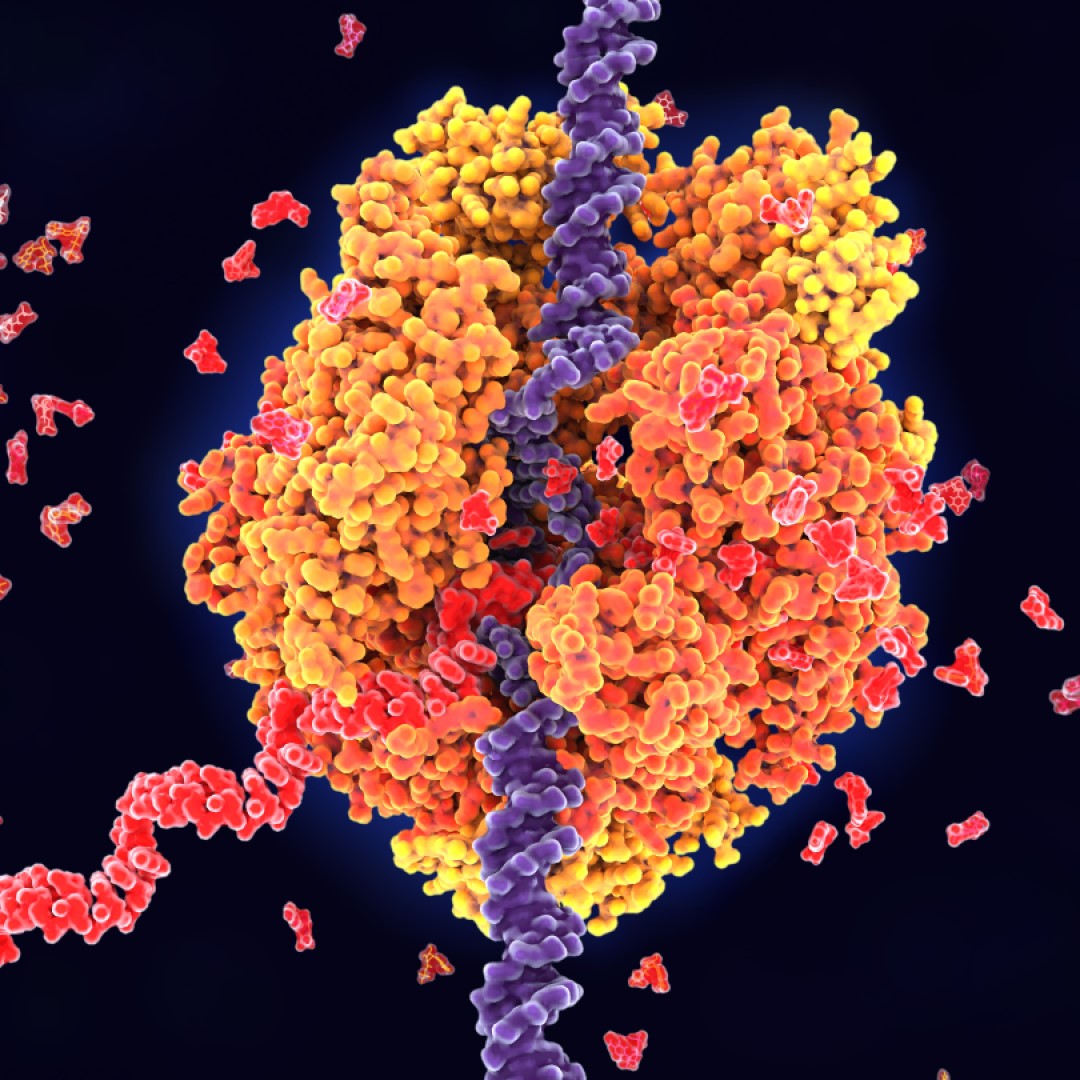
‘Junk’ RNA segments play role in protein production, cell stress response
On Feb. 11, 2025, scientists from Ohio State University (OSU) have discovered that some tiny segments of RNA thought to be junk instead have a functional role in suppressing production of certain messenger RNAs and appear to help cells respond to oxidative stress.
The segments in question are introns, short sequences of a subset of transfer RNAs, the RNA molecules that help guide assembly of amino acid chains during protein construction. These introns have historically been thought to be useless to cells because they must be clipped off before tRNA can do its job.
In the study, OSU researchers showed that some introns attach to key sections of molecules that translate genetic information into proteins, causing them to degrade – which cancels the protein’s production. In experiments exposing cells to oxidative stress, one type of intron remained highly stable in those conditions rather than disintegrating, hinting that some introns might be part of cells’ evolutionary survival toolkit.
Unexpected observations over the years led the scientists to investigate a functional role for what they call “fitRNAs,” short for free introns of tRNAs: improbable sequencing relationships with other RNA molecules, varied methods used by cells to discard them, and overexpression of some, but not all, introns in stressful conditions.
The researchers found that once freed from the tRNA, these floating introns with complementary sequences bind to specific mRNAs, which causes the mRNAs to fall apart so protein production can’t occur. Experiments confirmed a clear inverse relationship: Deleting or inducing overexpression of fitRNAs led to corresponding increases or decreases in target mRNA, respectively. The research is published in Molecular Cell.
Tags:
Source: Ohio State University
Credit:
